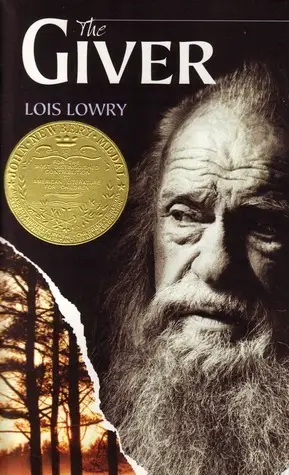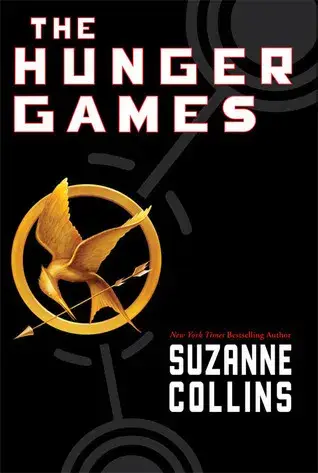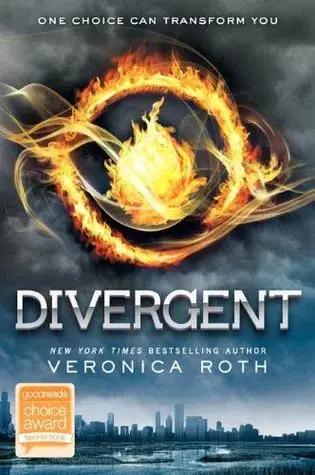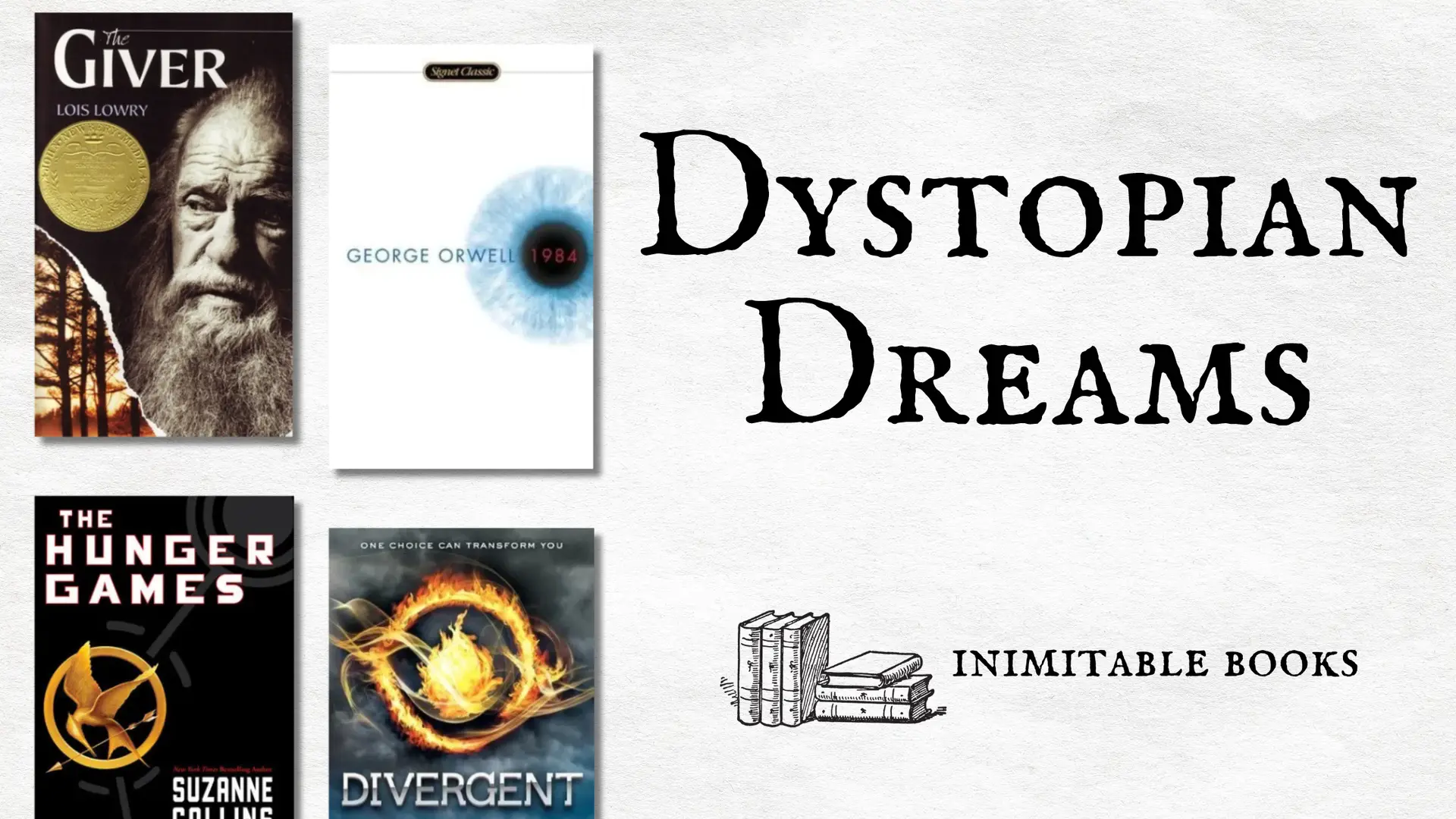Though our founder, Zara Hoffman’s, first experience with genre fiction was fantasy, fae’s teen years was filled with dystopian novels of all kinds. The titles are also listed in order that Zara read these books.
Please note, the covers and publishers listed with each title are for the editions Zara read, and may not be the cover of the book’s original publication. The years are the original publication of each title.

In a world with no poverty, no crime, no sickness and no unemployment, and where every family is happy, 12-year-old Jonas is chosen to be the community’s Receiver of Memories. Under the tutelage of the Elders and an old man known as the Giver, he discovers the disturbing truth about his utopian world and struggles against the weight of its hypocrisy. With echoes of Brave New World, in this 1994 Newbery Medal winner, Lowry examines the idea that people might freely choose to give up their humanity in order to create a more stable society. Gradually Jonas learns just how costly this ordered and pain-free society can be, and boldly decides he cannot pay the price.
The Giver is set in a future society which is at first presented as a utopia and gradually appears more and more dystopic, so could therefore be considered anti-utopian. The novel follows a boy named Jonas through the twelfth year of his life. Jonas’ society has eliminated pain and strife by converting to “Sameness”, a plan which has also eradicated emotional depth from their lives. Jonas is selected to inherit the position of “Receiver of Memory,” the person who stores all the memories of the time before Sameness, in case they are ever needed to aid in decisions that others lack the experience to make. As Jonas receives the memories from his predecessor—the “Giver”—he discovers how shallow his community’s life has become.
Zara doesn’t remember the specifics of learning how to read. But this book was one of the first fae remembers on the recommendation of fae’s older cousins.

Among the seminal texts of the 20th century, Nineteen Eighty-Four is a rare work that grows more haunting as its futuristic purgatory becomes more real. Published in 1949, the book offers political satirist George Orwell’s nightmare vision of a totalitarian, bureaucratic world and one poor stiff’s attempt to find individuality. The brilliance of the novel is Orwell’s prescience of modern life–the ubiquity of television, the distortion of the language–and his ability to construct such a thorough version of hell. Required reading for students since it was published, it ranks among the most terrifying novels ever written.

The nation of Panem, formed from a post-apocalyptic North America, is a country that consists of a wealthy Capitol region surrounded by 12 poorer districts. Early in its history, a rebellion led by a 13th district against the Capitol resulted in its destruction and the creation of an annual televised event known as the Hunger Games. In punishment, and as a reminder of the power and grace of the Capitol, each district must yield one boy and one girl between the ages of 12 and 18 through a lottery system to participate in the games. The ‘tributes’ are chosen during the annual Reaping and are forced to fight to the death, leaving only one survivor to claim victory.
When 16-year-old Katniss’s young sister, Prim, is selected as District 12’s female representative, Katniss volunteers to take her place. She and her male counterpart Peeta, are pitted against bigger, stronger representatives, some of whom have trained for this their whole lives. , she sees it as a death sentence. But Katniss has been close to death before. For her, survival is second nature.
It should be noted that Zara thinks all of the series mentioned in this post declined in quality as they went on. The exception is The Hunger Games trilogy. Even though the second book, Catching Fire, is fae’s favorite of the original trilogy, Mockingjay is perhaps the best written of the three. While A Ballad of Songbirds and Snakes was interesting, Coriolanus Snow’s internal monologue was hard to enjoy at times given how unhinged it was.
Zara recommended this trilogy and Divergent to the very same cousins who got fae into reading the genre.

In Beatrice Prior’s dystopian Chicago world, society is divided into five factions, each dedicated to the cultivation of a particular virtue—Candor (the honest), Abnegation (the selfless), Dauntless (the brave), Amity (the peaceful), and Erudite (the intelligent). On an appointed day of every year, all sixteen-year-olds must select the faction to which they will devote the rest of their lives. For Beatrice, the decision is between staying with her family and being who she really is—she can’t have both. So she makes a choice that surprises everyone, including herself.
During the highly competitive initiation that follows, Beatrice renames herself Tris and struggles alongside her fellow initiates to live out the choice they have made. Together they must undergo extreme physical tests of endurance and intense psychological simulations, some with devastating consequences. As initiation transforms them all, Tris must determine who her friends really are—and where, exactly, a romance with a sometimes fascinating, sometimes exasperating boy fits into the life she’s chosen. But Tris also has a secret, one she’s kept hidden from everyone because she’s been warned it can mean death. And as she discovers unrest and growing conflict that threaten to unravel her seemingly perfect society, she also learns that her secret might help her save those she loves . . . or it might destroy her.
Zara, like many online, despises the third book in this trilogy, but the first book was a lot of fun. Insurgent wasn’t too bad, either, but the movie was a bizarre adaptation.
Is your favorite dystopian novel on this list? Share what you love about your pick. If not, let us know what it is in the comments.

